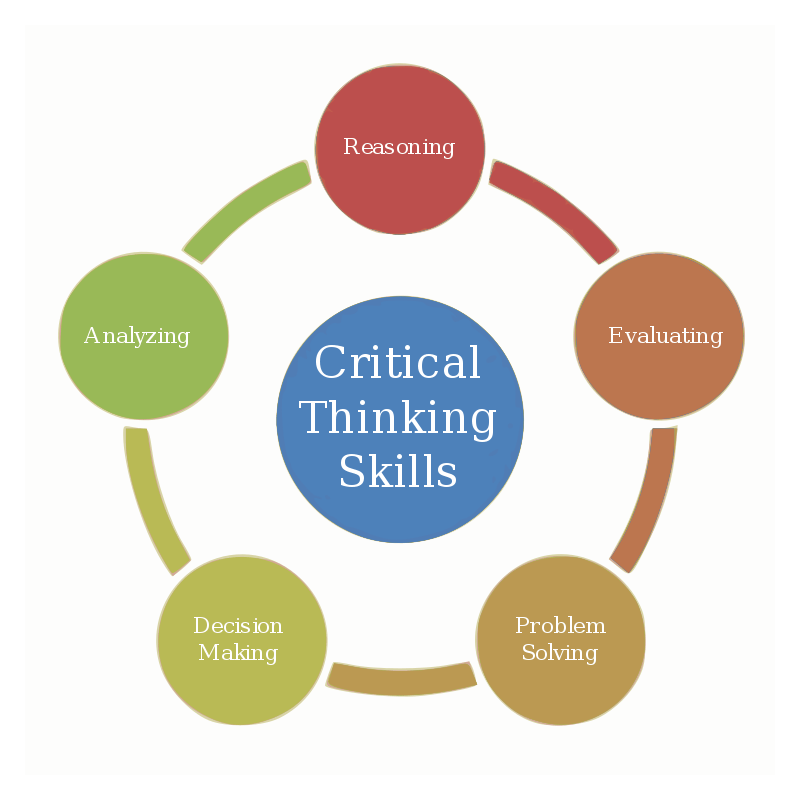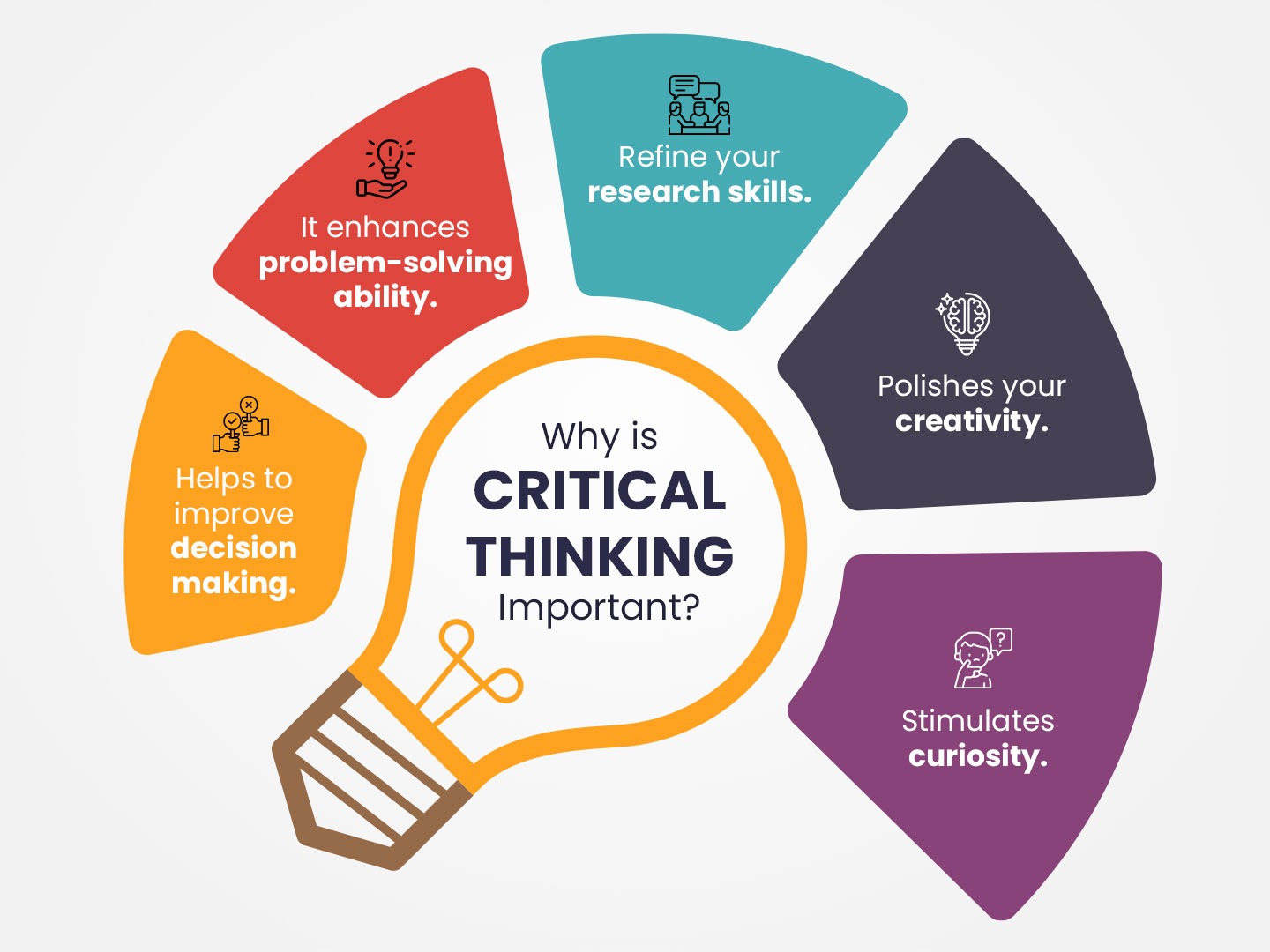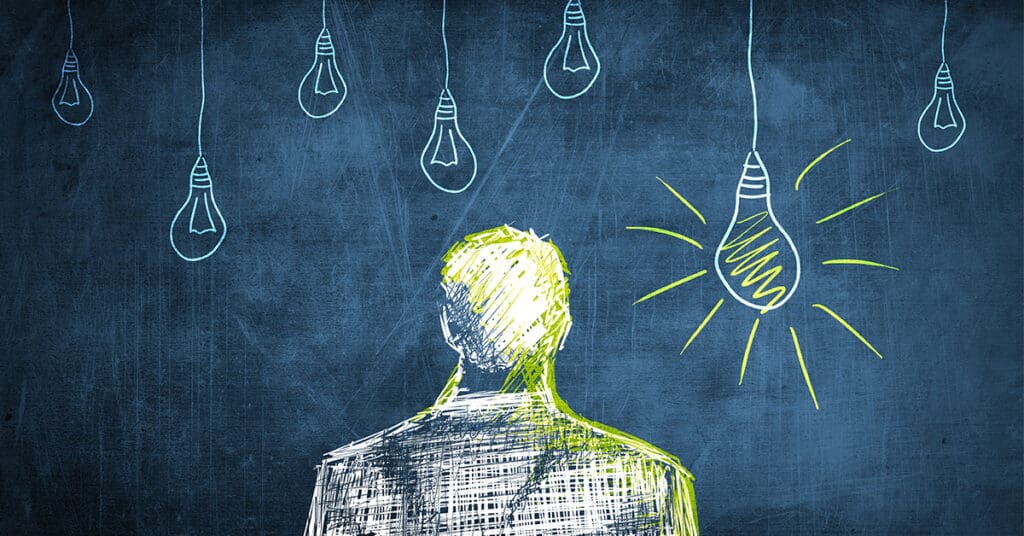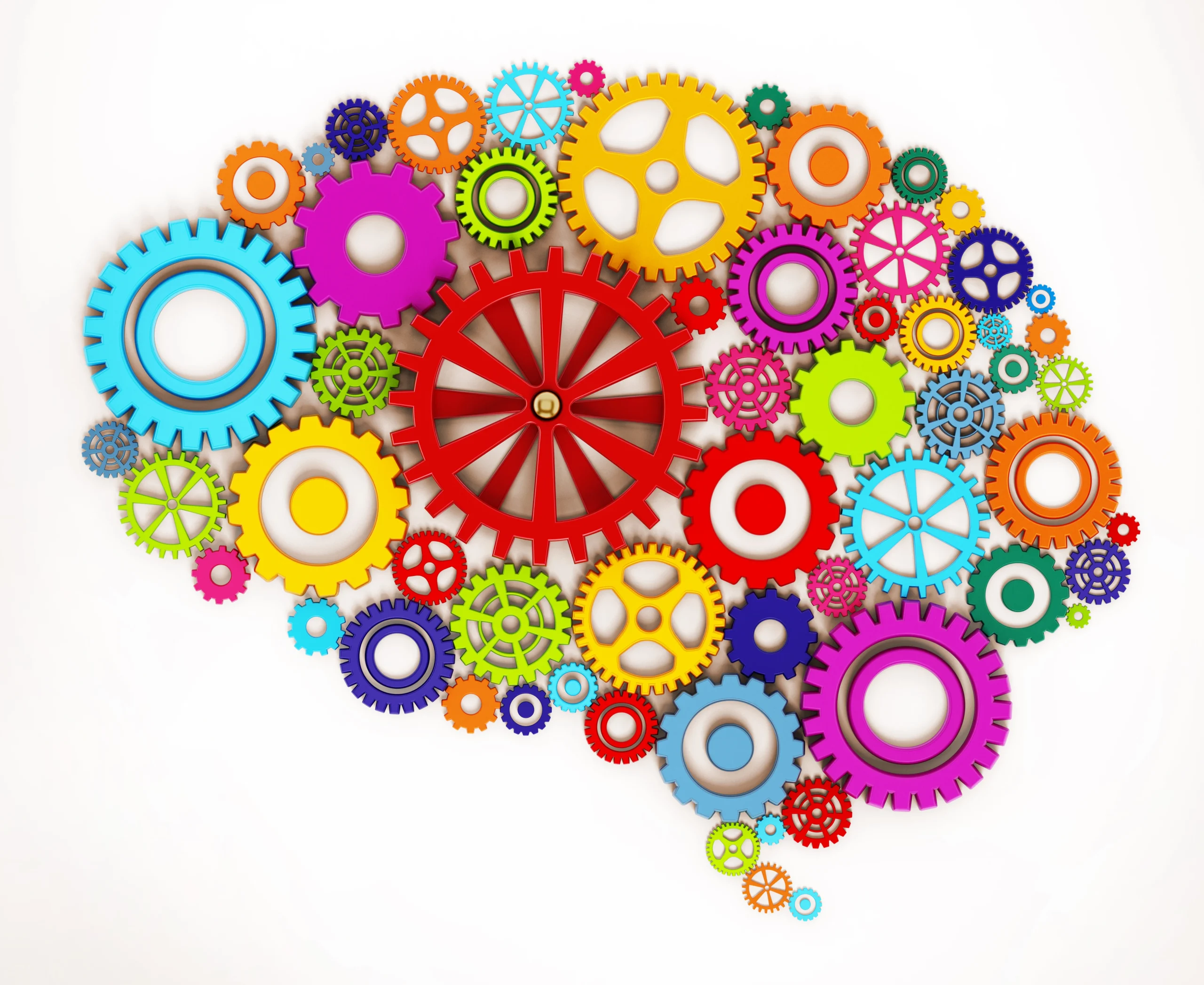Are you looking for ways to enhance your critical thinking skills? If so, you’re in the right place! Critical thinking is a vital skill that allows us to analyze information objectively, make informed decisions, and solve problems effectively. Whether you’re a student, professional, or simply someone who wants to sharpen your mental acuity, this article will provide you with actionable tips to improve your lunatogel critical thinking abilities.

What is Critical Thinking?
Contents
Critical thinking is the ability to objectively analyze and evaluate information, ideas, and arguments. It involves actively questioning assumptions, examining evidence, and considering different perspectives to reach well-reasoned conclusions. By developing your critical thinking skills, you can become more proficient in identifying logical fallacies, making sound judgments, and communicating effectively.
The Importance of Critical Thinking
In today’s fast-paced and information-rich world, being able to think critically is more important than ever. It helps you navigate through the vast amount of data available to make sound judgments and be a more effective communicator. Critical thinking enables you to distinguish between reliable and unreliable sources, identify biases, and evaluate the credibility of information. It also helps you develop innovative solutions to complex problems and enhances your ability to learn and adapt.
Benefits of Improving Critical Thinking Skills
Improving your critical thinking skills can have numerous benefits in various aspects of your life. Here are a few key advantages:
- Enhanced Decision Making: Critical thinking allows you to consider multiple perspectives and evaluate the pros and cons of different options. This leads to better decision-making, as you can weigh the evidence and make informed choices.
- Effective Problem Solving: Critical thinking helps you dissect complex problems, break them down into smaller components, and identify possible solutions. It enables you to think outside the box and come up with creative and effective strategies.
- Improved Communication: When you think critically, you can articulate your thoughts and ideas more clearly and logically. You can also evaluate the arguments of others more effectively, leading to more meaningful and productive discussions.
- Increased Confidence: Developing your critical thinking skills empowers you to trust your own judgment and abilities. You become more self-assured in your decision-making and problem-solving capabilities.
Common Barriers to Critical Thinking
Before diving into techniques to enhance your critical thinking abilities, it’s important to be aware of common barriers that can hinder your progress. These include:
- Confirmation Bias: Our tendency to seek out information that confirms our existing beliefs and ignore evidence that contradicts them. Overcoming confirmation bias is crucial for unbiased and objective thinking.
- Emotional Influences: Strong emotions can cloud our judgment and prevent us from thinking rationally. Being aware of our emotions and learning to separate them from our thinking process is essential for critical thinking.
- Lack of Information: Insufficient or inaccurate information can limit our ability to make well-informed decisions. It’s important to seek out reliable sources and gather relevant data before drawing conclusions.
- Cognitive Biases: Various cognitive biases, such as the availability heuristic or the anchoring effect, can distort our thinking and lead to flawed judgments. Recognizing and mitigating these biases is essential for Think critical.
Now that we understand the importance of Think critical and the potential barriers, let’s explore some techniques to enhance your critical thinking abilities.

Techniques to Enhance Critical Thinking Abilities
1. The Role of Logic in Critical Thinking
Logic is the foundation of critical thinking. It helps us evaluate arguments, identify flaws in reasoning, and draw valid conclusions. By familiarizing yourself with logical principles, you can enhance your critical thinking abilities. Here are some key elements of logic to consider:
a. Deductive Reasoning: Deductive reasoning involves drawing specific conclusions from general principles or premises. It’s a top-down approach that relies on logical validity. By practicing deductive reasoning, you can strengthen your ability to analyze and evaluate arguments.
b. Inductive Reasoning: Inductive reasoning involves drawing general conclusions from specific observations or evidence. It’s a bottom-up approach that relies on probability. By practicing inductive reasoning, you can improve your ability to make accurate predictions and generalizations.
c. Fallacies: Fallacies are common errors in reasoning that can undermine the strength of an argument. By familiarizing yourself with different types of fallacies, such as ad hominem or straw man fallacies, you can become more skilled at identifying flawed reasoning.
2. Developing Effective Problem-Solving Skills
Problem-solving is at the heart of Think critical. By honing your problem-solving skills, you can become better equipped to handle complex situations and make informed decisions. Here are some strategies to improve your problem-solving abilities:
a. Define the Problem: Clearly define the problem or issue you’re facing. Break it down into smaller components to gain a deeper understanding of its nature.
b. Generate Multiple Solutions: Brainstorm multiple solutions to the problem, regardless of their feasibility. This encourages creative thinking and widens your perspective.
c. Evaluate and Select Solutions: Evaluate each solution based on its pros and cons, and select the most viable option. Consider the potential consequences and risks associated with each solution.
d. Implement and Reflect: Implement your chosen solution and assess its effectiveness. Reflect on the outcomes and identify areas for improvement.
3. How to Evaluate and Analyze Information Critically
Evaluating and analyzing information critically is crucial for making well-informed decisions and avoiding misinformation. Here are some steps to help you evaluate information effectively:
a. Source Evaluation: Assess the credibility and reliability of the information source. Consider the author’s qualifications, the publication’s reputation, and potential biases.
b. Fact-Checking: Verify the accuracy of the information by cross-referencing it with multiple reliable sources. Look for supporting evidence and check for any conflicting information.
c. Contextual Analysis: Consider the context in which the information is presented. Analyze the underlying assumptions, potential biases, and any missing or omitted information.
d. Critical Reading: Read actively and critically. Question the author’s arguments, identify logical fallacies, and evaluate the strength of the evidence presented.
By applying these techniques, you can become a more discerning consumer of information and make well-informed judgments.

4. Incorporating Think critical in Everyday Life
Critical thinking is not limited to academic or professional settings—it can be applied to everyday situations as well. Here are some ways to incorporate critical thinking into your daily life:
a. Ask Thought-Provoking Questions: Challenge assumptions and ask probing questions to gain a deeper understanding of the information or situation at hand.
b. Practice Active Listening: Listen attentively and critically to others’ viewpoints. Seek to understand their reasoning and analyze their arguments.
c. Engage in Thoughtful Discussions: Participate in discussions or debates that require critical thinking. Engaging with different perspectives can broaden your understanding and challenge your own beliefs.
d. Seek Diverse Sources of Information: Expose yourself to a variety of perspectives and opinions. This helps you develop a more comprehensive understanding of complex issues.
The Power of Think critical
In conclusion, developing and improving your Think critical skills is a valuable endeavor with numerous benefits. By applying logical reasoning, developing effective problem-solving skills, evaluating information critically, and incorporating critical thinking in everyday life, you can enhance your ability to make informed decisions, solve problems effectively, and communicate more persuasively.





